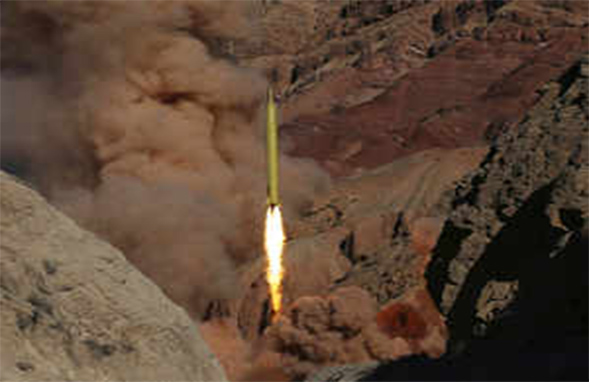
One of the biggest foreign policy achievements of the West is the Iran deal, which the diplomats believe might collapse without an accord to sell Iran oil to India or China.
The Iran nuclear accord is expected to collapse without a deal to sell Iranian oil to China or India. However, India has halted its Iran oil purchase under the pressure of the US sanction.
Britain, France, and Germany are determined to show they can compensate for last year’s US withdrawal from the accord. The countries can protect trade and still prevent Tehran from developing a nuclear bomb.
Iran’s economy is dependent on crude exports that are traded in US dollars. It is a promised European trade channel to bypass American sanctions. But has proved complicated, is not yet operational, and may never be able to handle oil sales.
“This situation now risks deteriorating. But it will be step-by-step and not a collapse-all in one go,” said a senior European diplomat. A French diplomat talked of a “negative spiral” in which trade in food and medicines were not considered enough. In addition to this, another European envoy spoke of Iran’s “phased exit” from the deal.
The Iran deal lifted punishing the American sanctions on Iran in return for Iranian compliance with the deal. US President Donald Trump withdrew from the deal because he believed the accord did not restrain Tehran’s ballistic missile programme. Neither had it addressed Iranian involvement in Syria’s civil war. It is something Europeans argue the 2015 deal was not designed to do.
By re-imposing punitive sanctions, the US says it aims to dramatically weaken Iran’s clerical rulers. Additionally, it wants to force Tehran to renegotiate a broader arms control deal. However, the EU says that can still be done without tearing up the nuclear accord. The deal put strict limits on Iranian enrichment.








